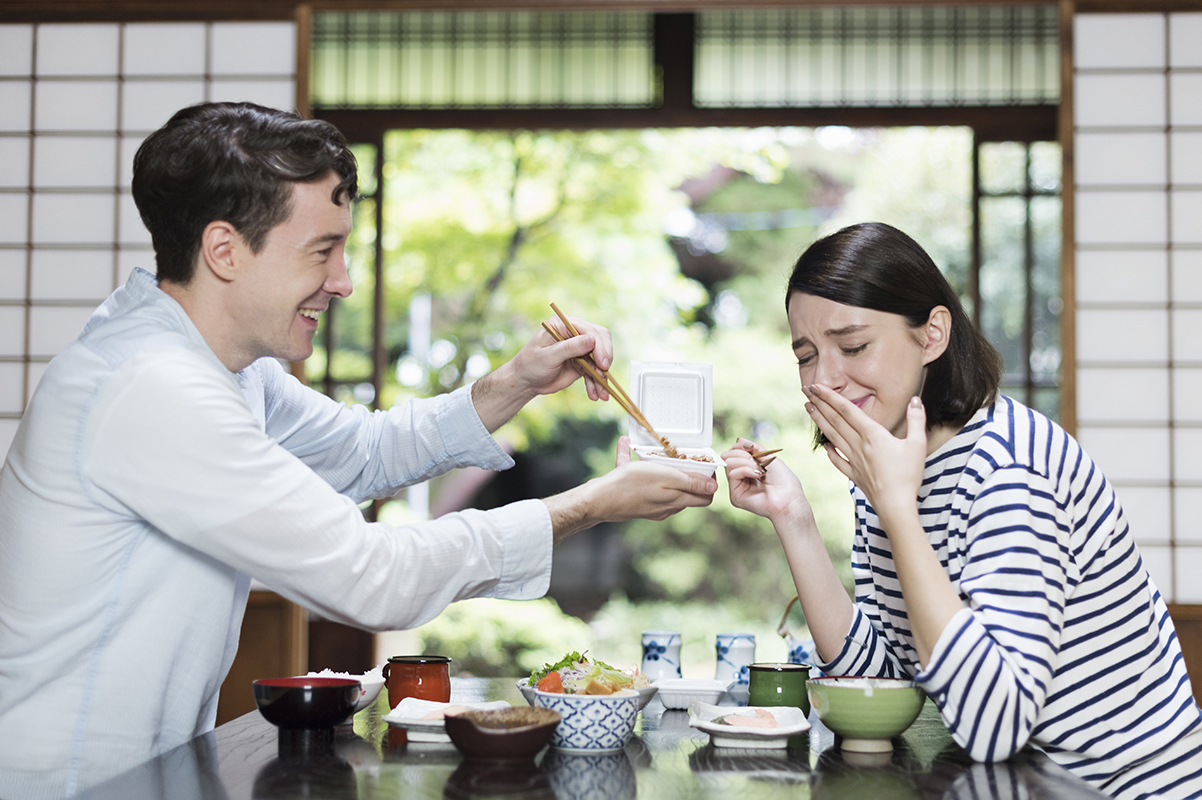How do hotel guests view Japanese omotenashi, or hospitality? To answer this question, we asked respondents from 10 countries, all of whom had visited Japan, their opinions on Japanese hotel hospitality, and specifically, what aspects of a hotel visit are key for them choosing a particular hotel again. Let’s first take a look at Japanese hotel hospitality.
Question 1: Japanese Hotel Hospitality
To figure out how people view Japanese hotel hospitality, we asked respondents to rate the hotel they previously stayed at on a scale of zero to ten. Based on these ratings, we could calculate the net promotor score—how likely someone is going to promote Japanese hotel hospitality. The results can be seen below.

As you can see, countries with the most green are those that have the most favorable views of Japanese hospitality—in this case Australia and Thailand—whereas those with the most red have the most negative views—surprisingly Japan and Korea. When asked why, Australians often answered that they were impressed with Japanese manners and the way they tried to help tourists, even if there were communication problems. On the other hand, Koreans often mentioned the high price, small sized rooms, and communication problems as reasons why they weren’t impressed with Japanese hospitality.
Q2: What would make you choose to stay at a particular hotel again?
In question two, we tried to dig down and focus on what exactly guests value when choosing hotels. Is it impeccable service, fantastic amenities, or a funky design? Surprisingly, none of the above are particularly important. While choosing to stay at the same hotel again undoubtedly comes down to a number of factors, two factors in particular stood out: cleanliness and price. Let’s take a look at the results below.

As you can see, the most important factors are cleanliness, price, location, and staff friendliness, with other factors being selected far less often. Surprisingly, these results held consistent for all countries, with only Australia and Thailand switching their rankings for cleanliness and price. What takeaways can we glean from this? First, many Japanese hotels are often packed with amenities—slippers, gels, tonics, and other bathroom goods, but this may have very little effect on generating repeat visitors. Second, Japanese omotenashi is often characterized by high levels of professionalism, but less so for friendliness. For Japanese hotel staff to truly reach the hearts and minds of their overseas guests, a smile, some friendly bantering, and a friendly attitude may go a long way.

